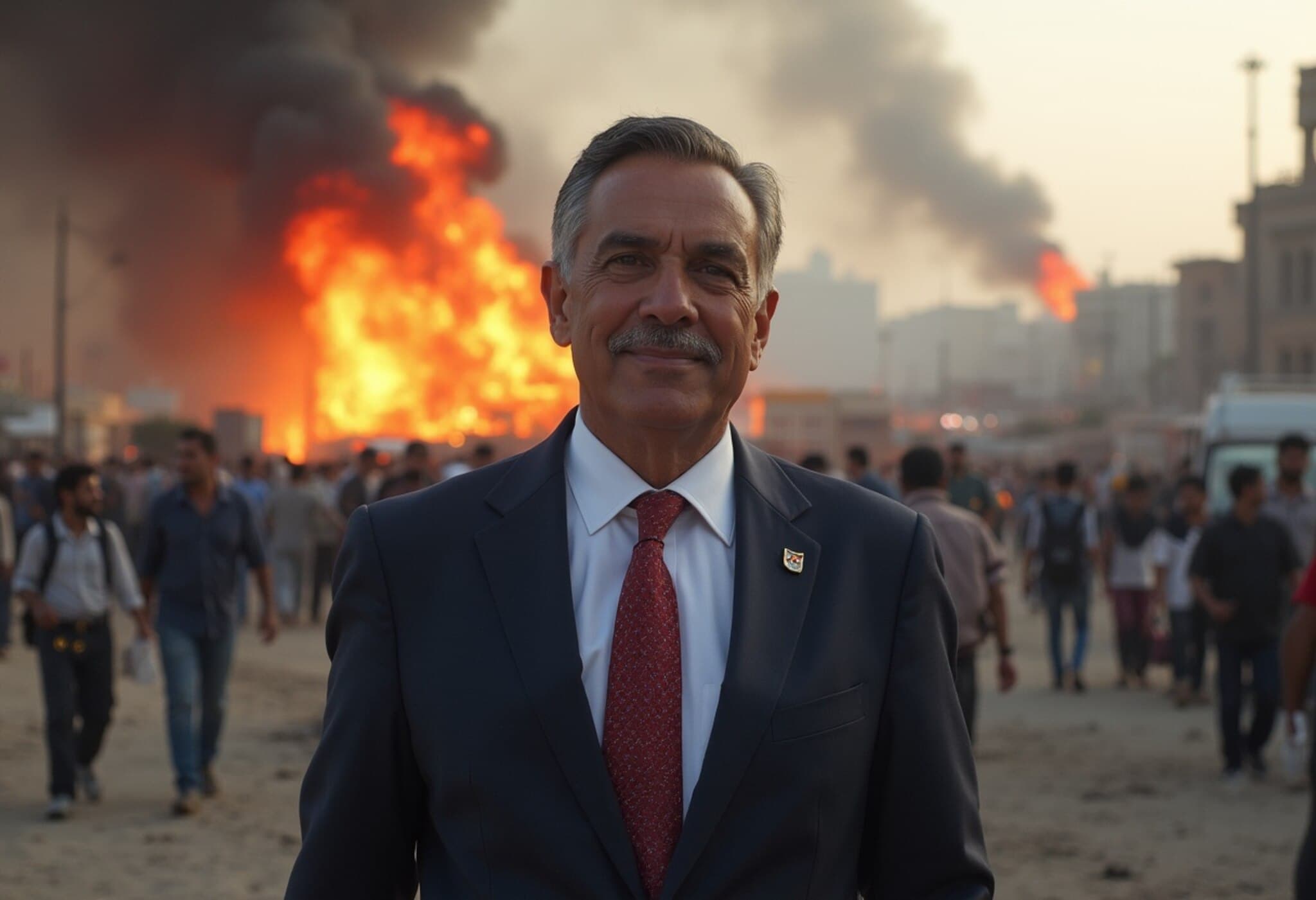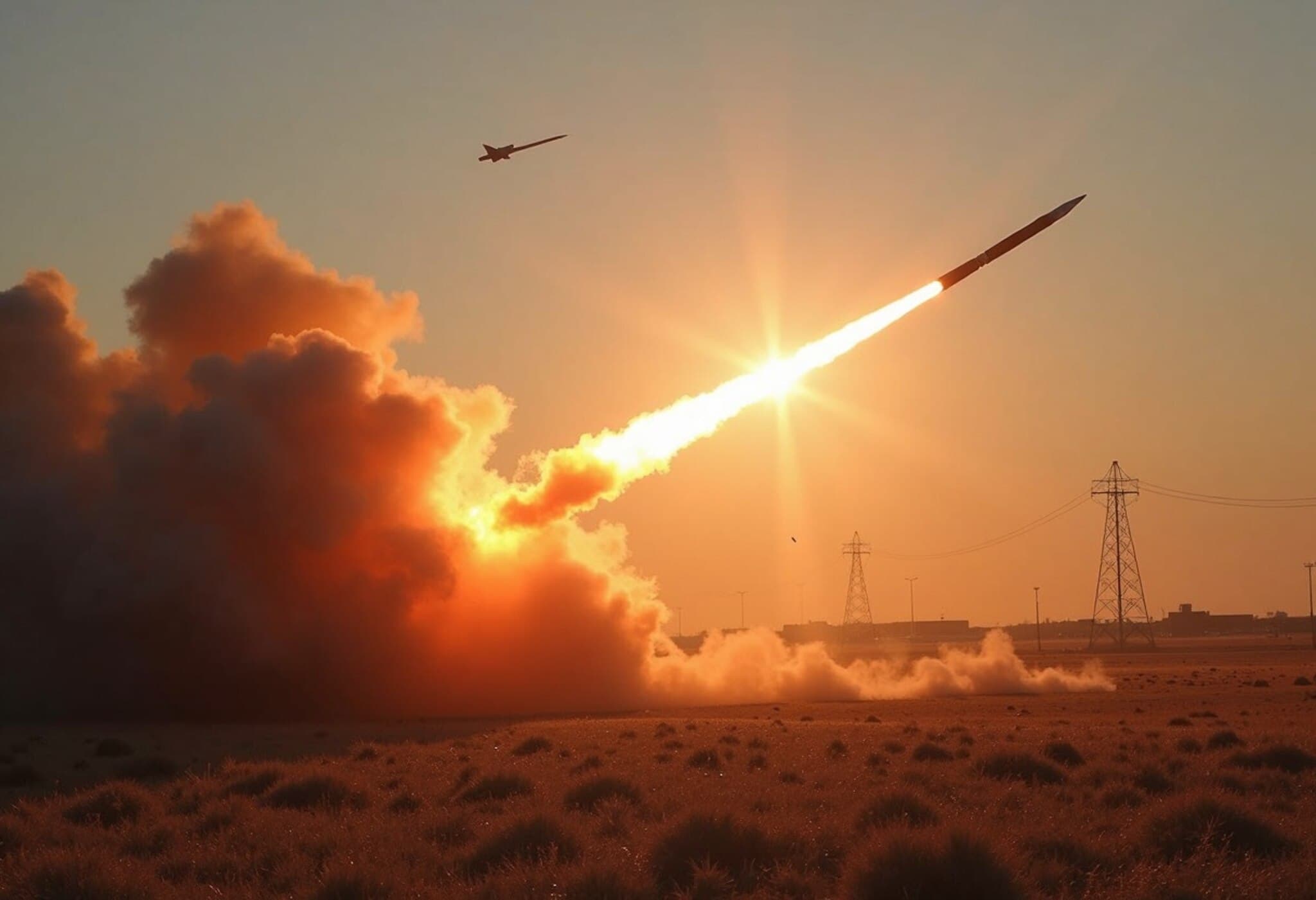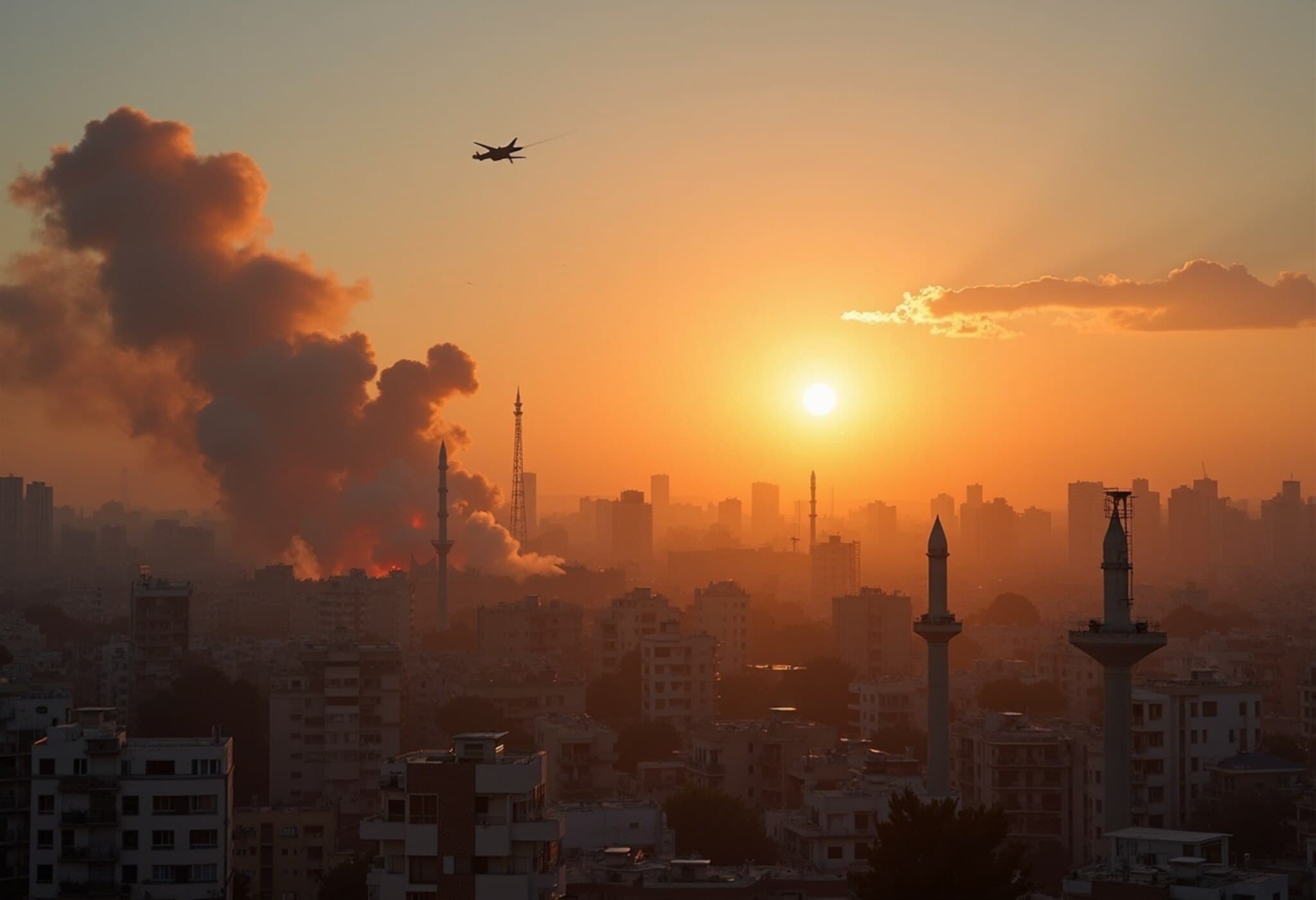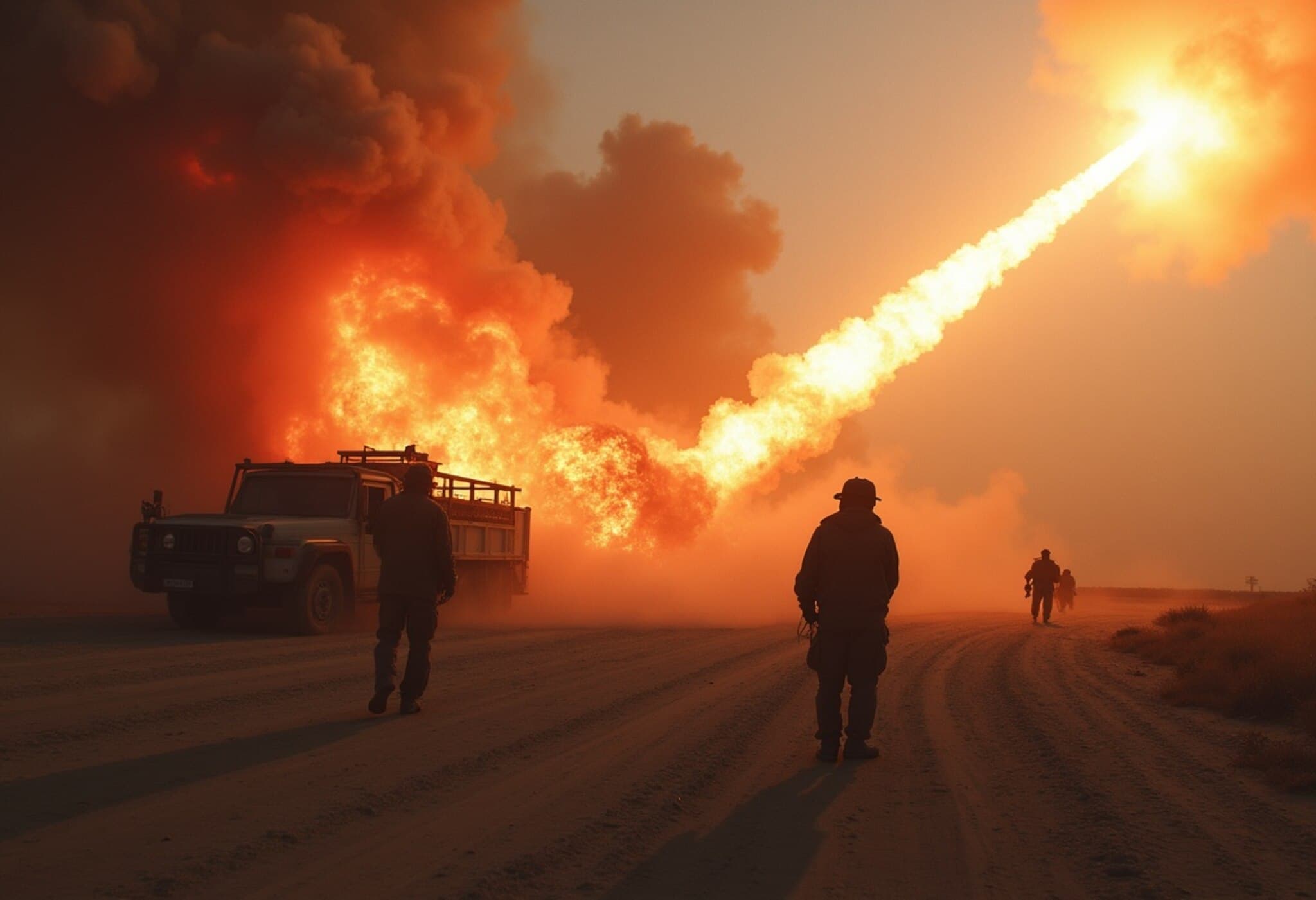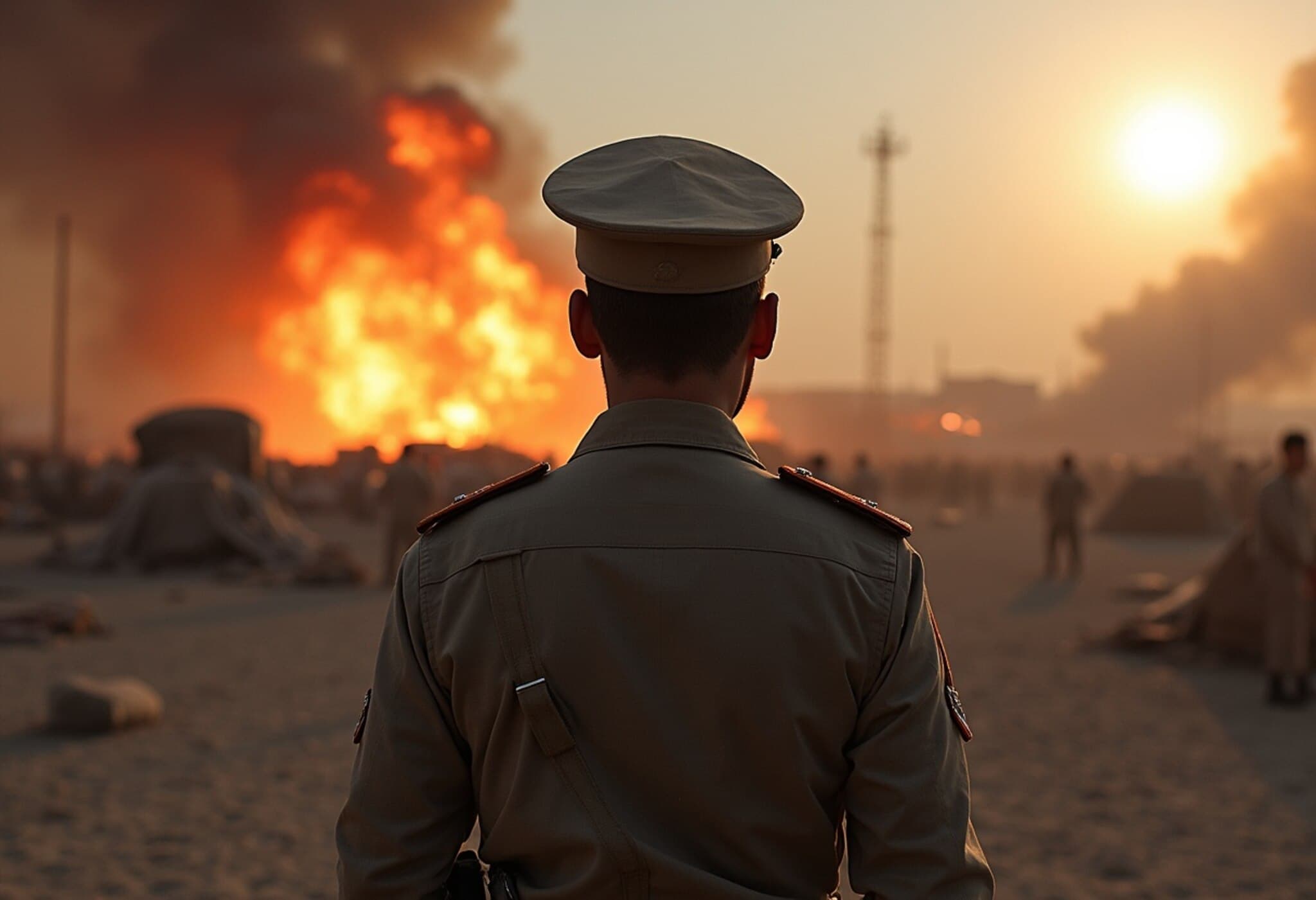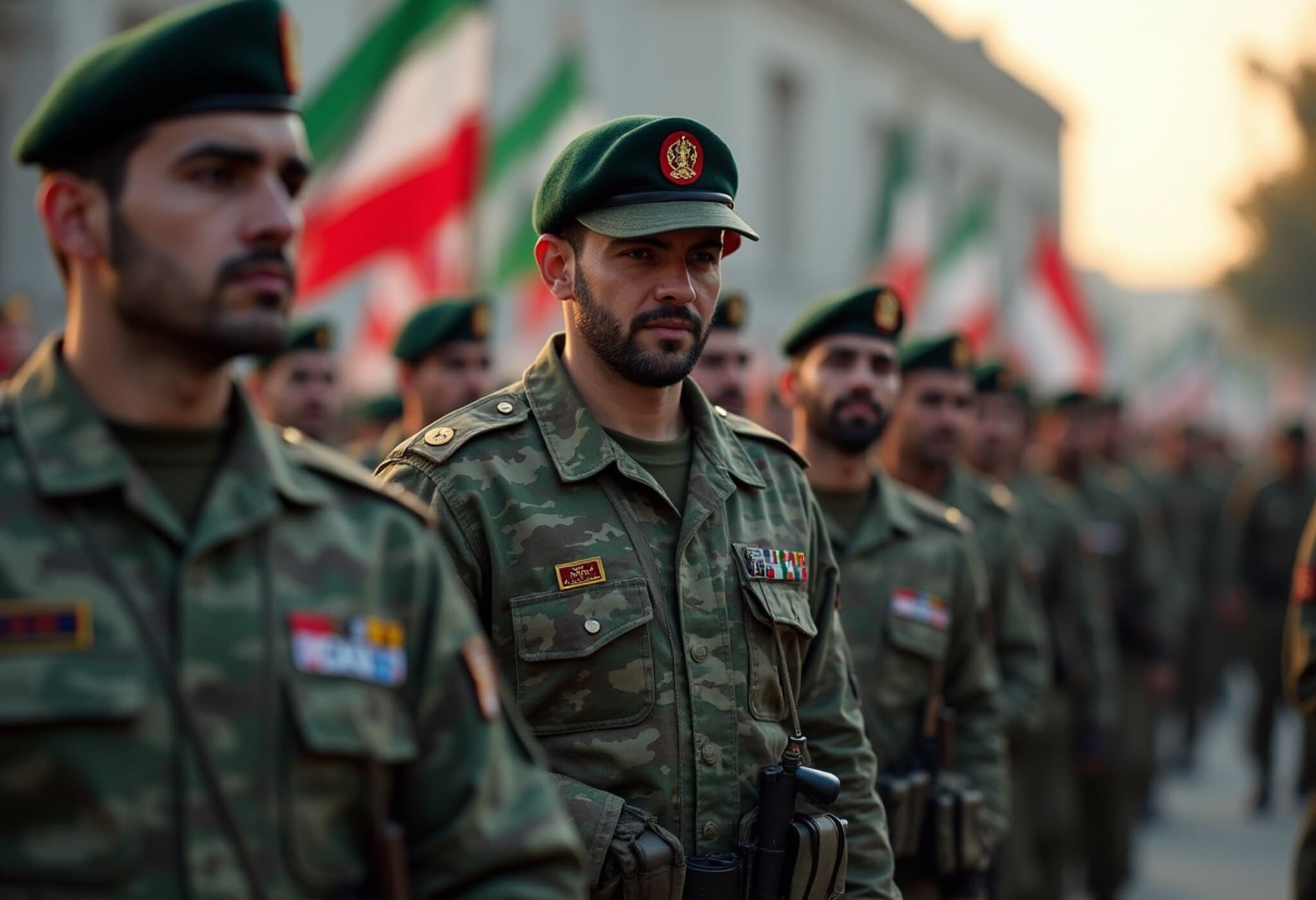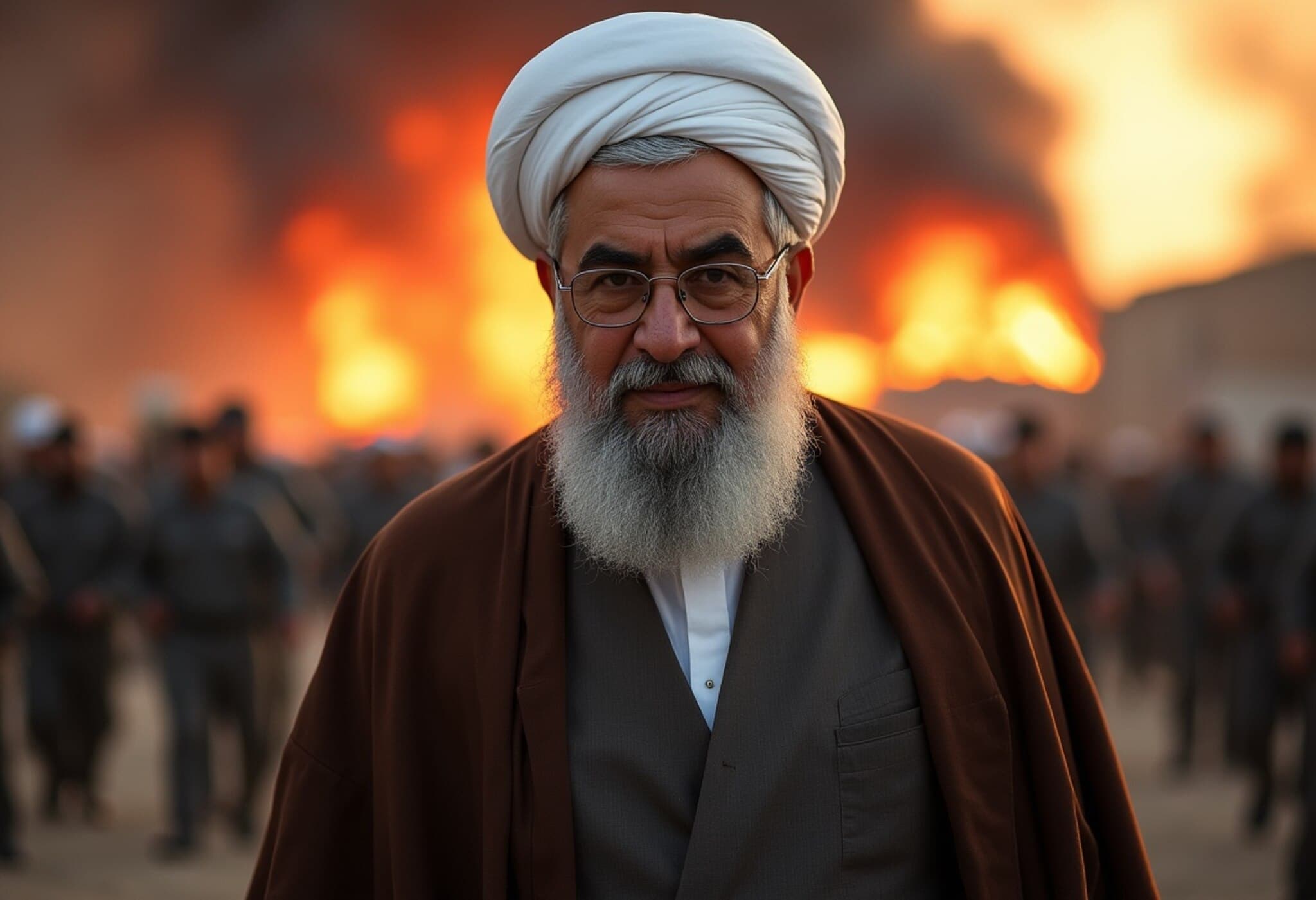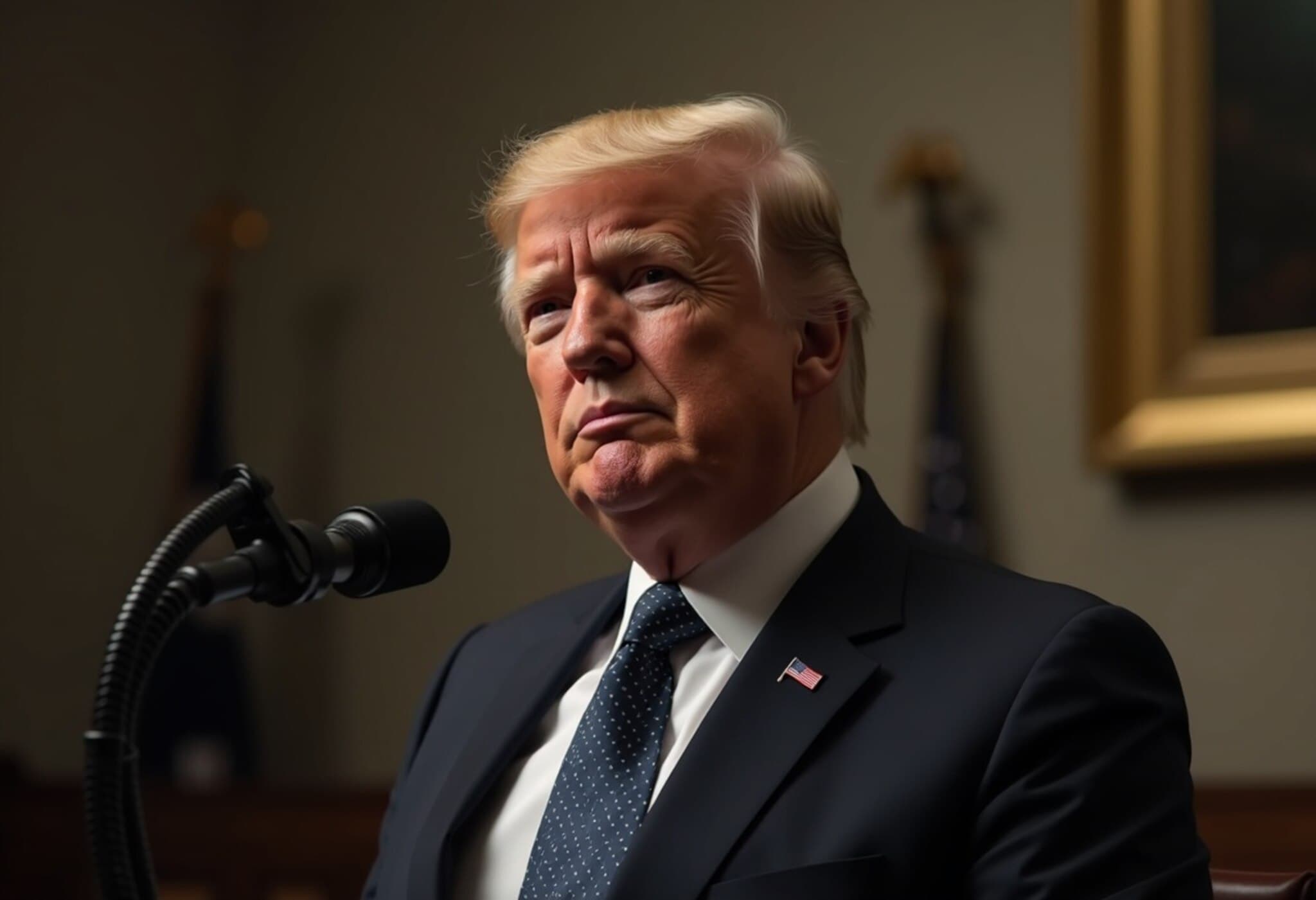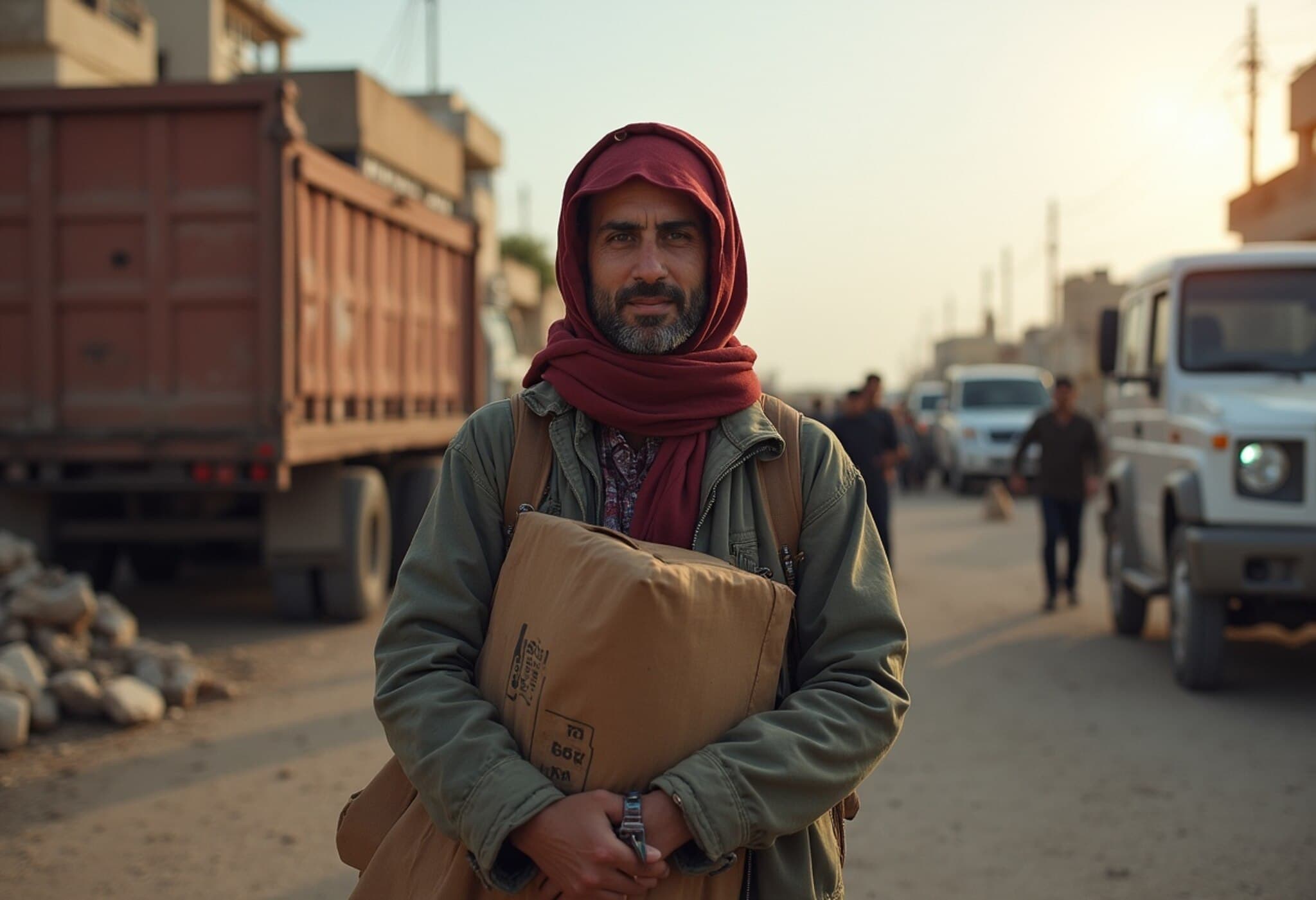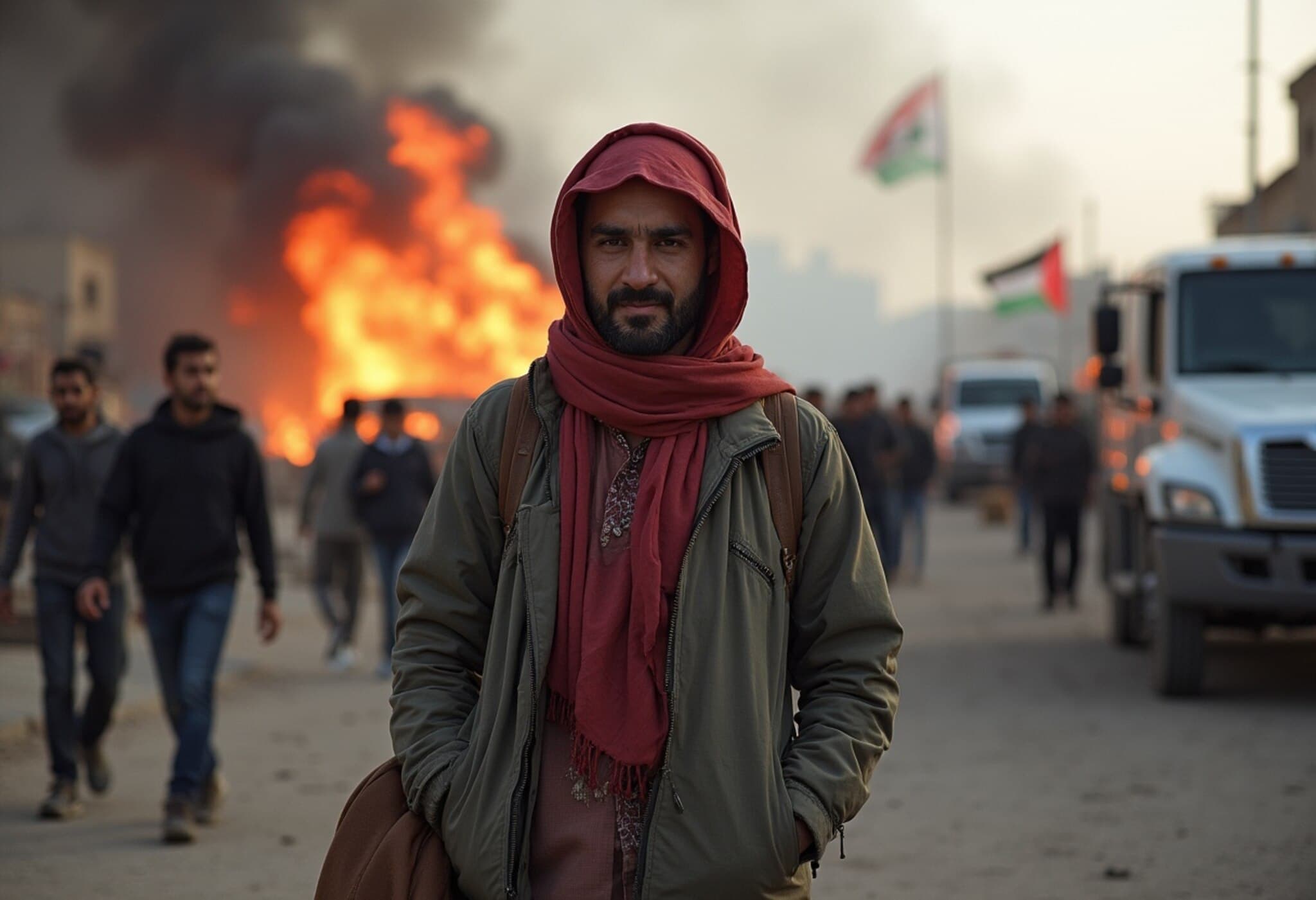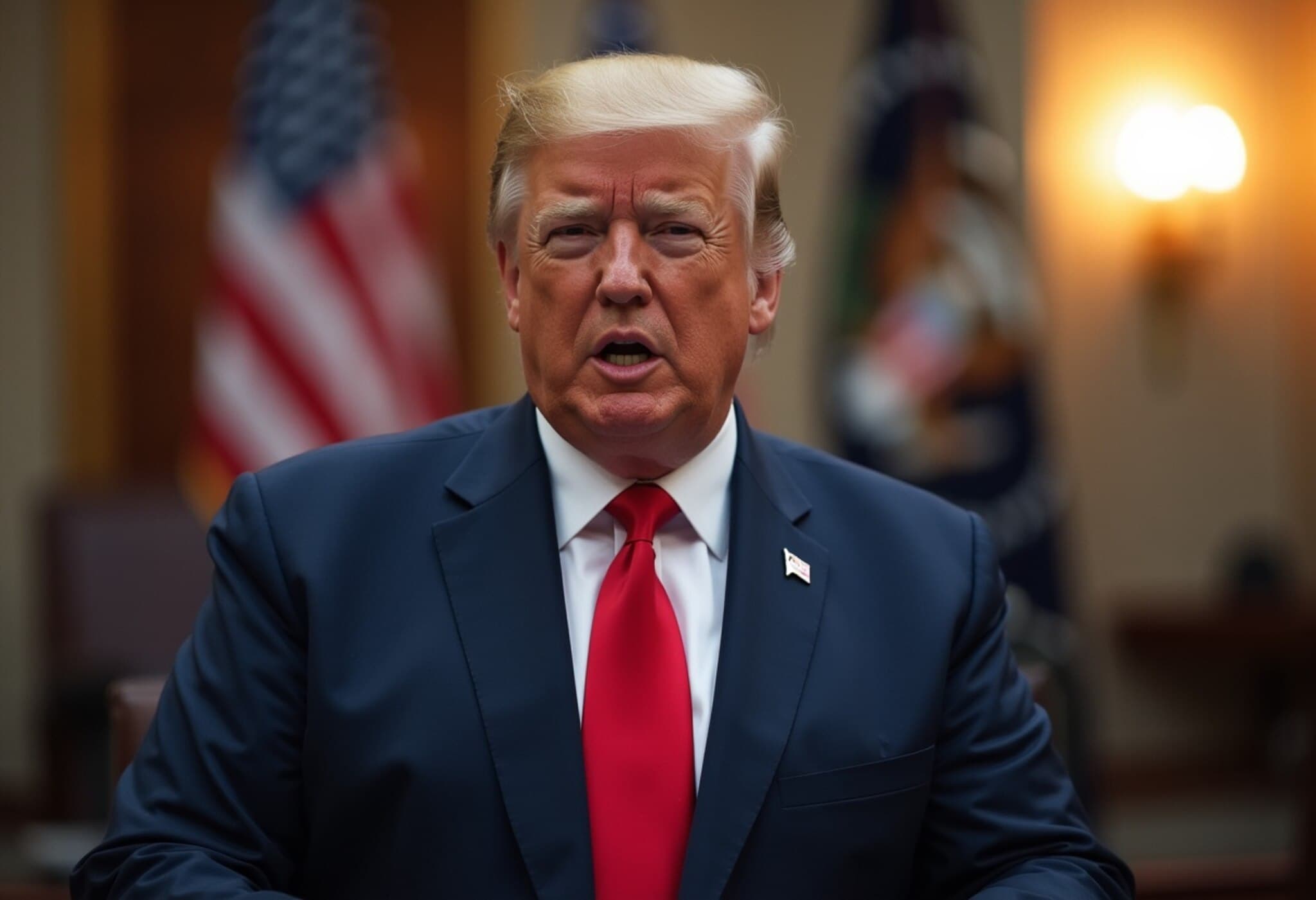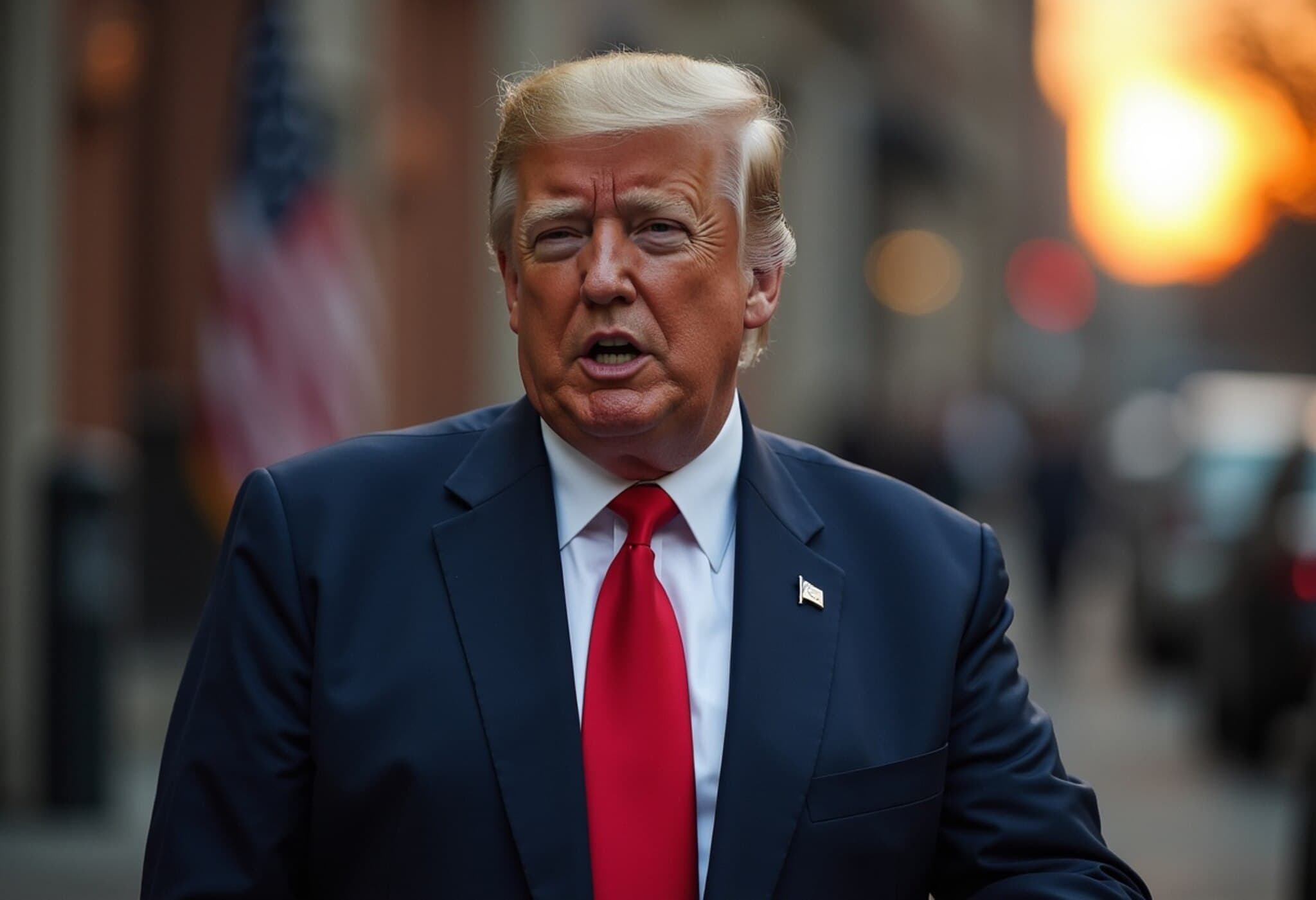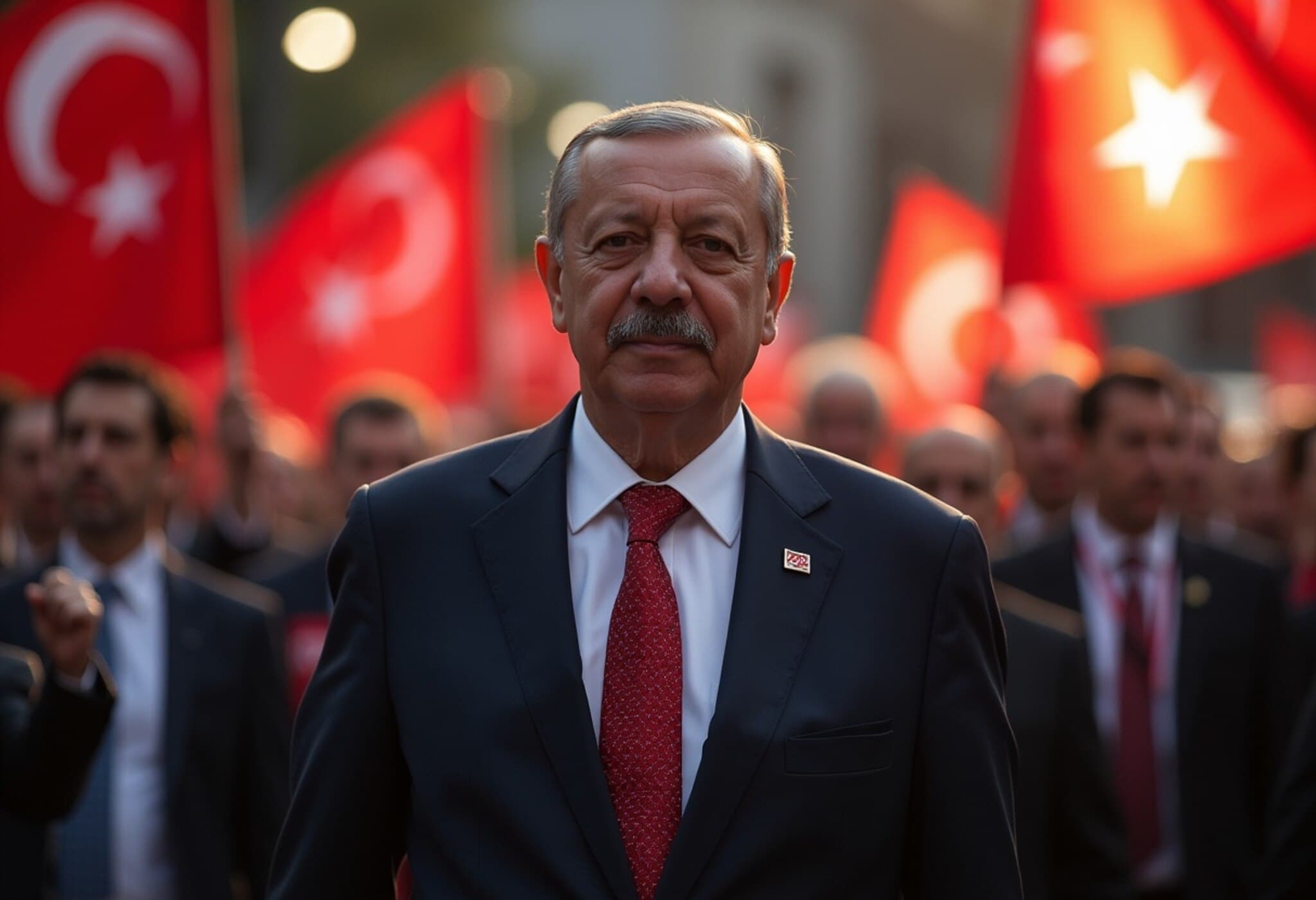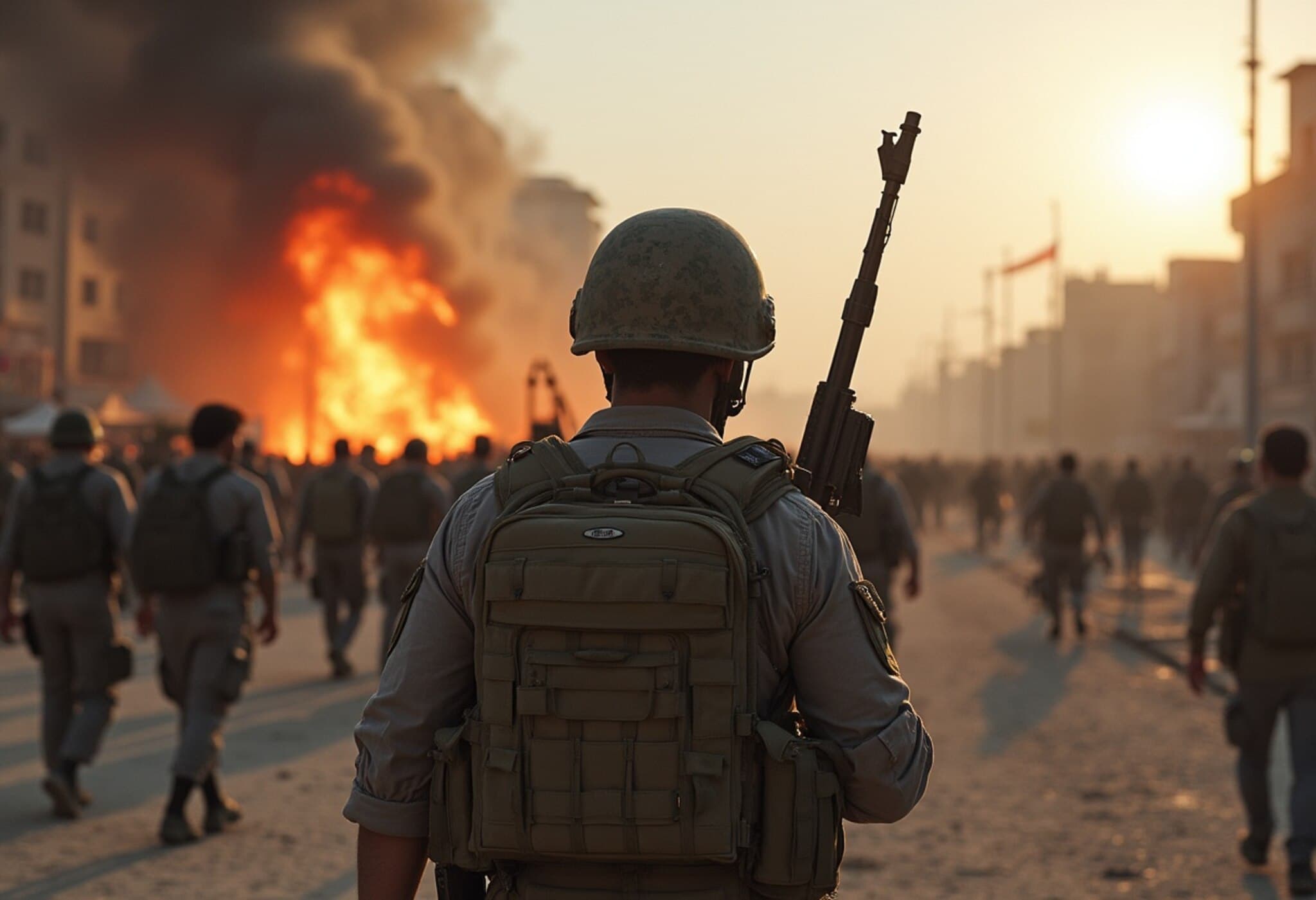US Envoy Engages Israeli Hostage Families with Hope for Gaza Conflict Resolution
In a poignant development amid the protracted Gaza conflict, Steve Witkoff, the United States’ Middle East envoy under President Donald Trump's administration, met with families of Israeli hostages held by Hamas since October 2023. During the meeting in Tel Aviv on August 2, 2025, Witkoff shared that discussions are underway with Israeli officials, including Prime Minister Benjamin Netanyahu, to finalize a comprehensive plan aimed at ending the devastating war in Gaza.
“A Very, Very Good Plan” on the Horizon, Says US Envoy
A recording reviewed by Reuters captures Witkoff expressing confidence in a collaborative strategy, stating: “We have a very, very good plan that we're working on collectively with the Israeli government … for the reconstruction of Gaza. That effectively means the end of the war.” This announcement comes as a rare ray of optimism amid almost 22 months of conflict that has left tens of thousands dead and the humanitarian situation in Gaza increasingly dire.
However, the White House has yet to officially comment on Witkoff’s remarks.
Hamas Retains Conditions, Releases Grim Hostage Footage
Despite the envoy's hopeful message, Hamas remains firm in its demand for the establishment of a fully sovereign Palestinian state with Jerusalem as its capital before any demilitarization or cessation of hostilities can occur.
In a chilling reminder of the ongoing human suffering, Hamas released a second video showing Evyatar David, an Israeli hostage, appearing emaciated and digging a hole he ominously described as his own grave. His family and thousands of supporters in Tel Aviv’s "Hostage" square fear for the captives’ survival, with David's brother warning they may only have days left to live.
Israeli Foreign Minister Gideon Sa’ar condemned the conditions as deliberate sadistic abuse, demanding global attention to the starvation and suffering inflicted upon the hostages.
Deadlock in Ceasefire Talks and the Humanitarian Toll
Negotiations, mediated indirectly by Qatar and Egypt, recently faltered over a proposed 60-day ceasefire and hostages' release. France and Saudi Arabia’s declaration advocating for a two-state solution and Hamas’s disarmament through transfer of arms to the Palestinian Authority adds a new diplomatic dimension, yet progress remains stalled.
Humanitarian Crisis Deepens in Gaza
The humanitarian catastrophe in Gaza is reaching a breaking point. After a near three-month blockade imposed by Israel from March to May, the enclave’s 2.2 million residents face acute shortages of food and medical supplies, with recent reports indicating dozens of deaths from malnutrition—seven recorded in just one day by Gaza’s health ministry, including a child.
During his visit, Witkoff toured a US-supported aid operation in southern Gaza, seeking to facilitate food delivery amid the ongoing crisis. Meanwhile, Israel maintains responsibility lies with Hamas but acknowledges the need to improve aid access, including daily pauses in hostilities and designated protected corridors for humanitarian convoys.
The United Nations insists that limited airdrops are insufficient and calls for urgent, sustained land-based aid access.
Conflict Background and Current Stakes
The Gaza war erupted on October 7, 2023, when Hamas militants killed over 1,200 Israelis and kidnapped 251 hostages. Israel’s robust military response has resulted in over 60,000 Palestinian deaths, as reported by Gaza health officials. Presently, Israeli authorities estimate approximately 50 hostages remain in Gaza, with only 20 believed to be alive.
Regional and International Implications
This war, one of the most prolonged and destructive in recent history, has reignited international debates over the feasibility of a two-state solution, humanitarian law, and the role of mediators such as Qatar and Egypt. Western powers’ consideration of Palestinian state recognition signals shifting geopolitical landscapes that could influence future negotiations and regional stability.
Expert Commentary: Navigating Complex Diplomacy and Humanitarian Urgency
From a policy analysis perspective, Witkoff's statement about a "very good plan" signals a crucial pivot towards a holistic approach encompassing conflict cessation, hostage release, demilitarization, and reconstruction. However, the entrenched positions — especially Hamas's demand for sovereignty before disarmament — pose significant barriers.
American and Israeli strategists will need to weigh the delicate balance of alleviating humanitarian suffering without compromising on security demands. The enduring suffering of civilians in Gaza, juxtaposed with Israeli anguish over hostages, underscores the urgent necessity for a negotiated end to hostilities that respects human dignity on all sides.
Editor's Note
The unfolding situation in Gaza exemplifies the tragic human cost of prolonged conflict and the immense challenges of peacemaking in the Middle East. As military engagement grinds on, innovative diplomatic solutions must prioritize both immediate humanitarian relief and long-term political resolutions, including the contentious issues of sovereignty, security, and justice.
Key questions remain: Will political will align sufficiently to release the remaining hostages safely? Can Hamas and Israel reach an accord that satisfies core demands without further civilian suffering? And how will the international community influence this high-stakes conflict?
For readers, staying informed with credible, nuanced reporting and reflecting on the human narratives behind geopolitical headlines is essential in understanding the complexities and humanitarian imperatives of this enduring crisis.

